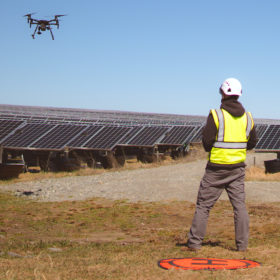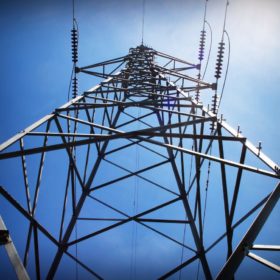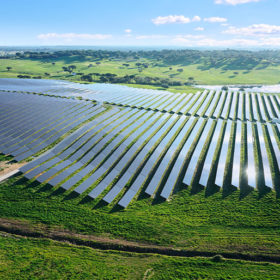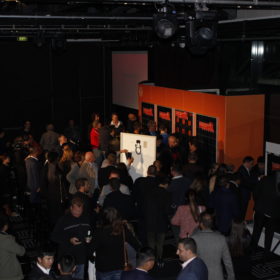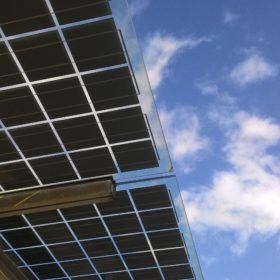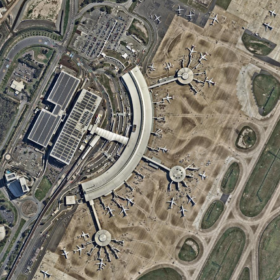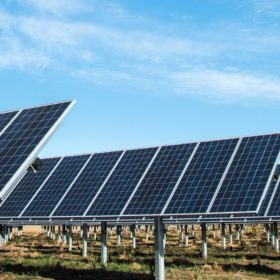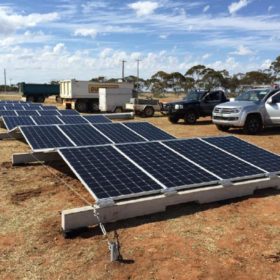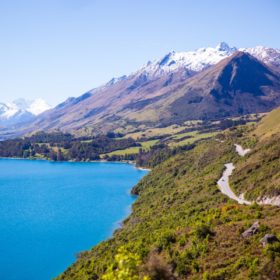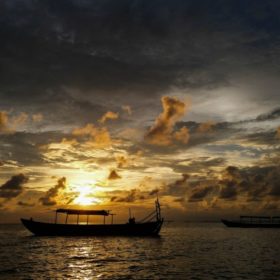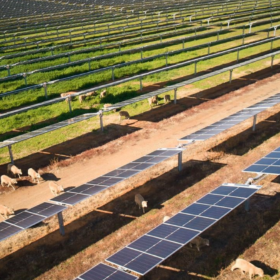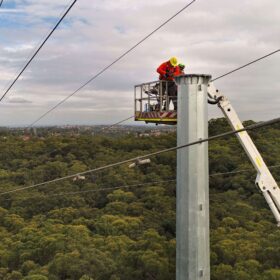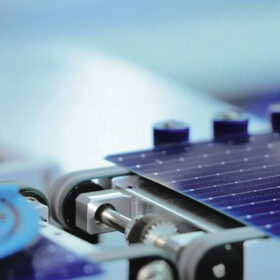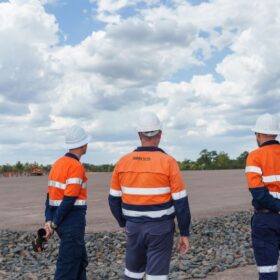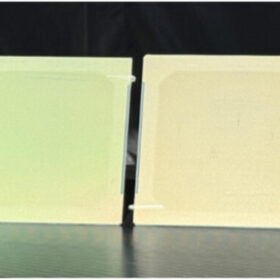Aerial thermography takes off as an O&M tool for Australian solar farms
Raptor Maps has some 700 MW of Australian solar farms under monitoring by aerial thermal imaging. Compared to the company’s worldwide customer base, Australian PV plant experiences roughly the same average percentage — between 1.5% and 2% — of power affected by faults and defects as global installations.
Western Victoria’s network upgrade to unlock up to 6 GW of new wind and solar farms
The Australian Energy Market Operator (AEMO) has laid out a $370 million plan for network upgrades in Western Victoria which would deliver almost double the benefit to both energy consumers and energy producers. However, the proposal has provoked federal Energy Minister Angus Taylor’s attack on the state’s renewable energy target.
Victoria’s biggest solar farm up and running, powering steelworks and Melbourne tram network
With 128 MWp, Numurkah is the largest operating solar farm in Victoria. The project developed by French renewable energy producer Neoen has a major supply contract secured with the Laverton Steelworks and is one of two solar farms supplying 100% renewable energy to offset Melbourne’s entire tram network.
Sunport MWT solar technology bursts onto the Australian market
Metal wrap-through technology combined with PERC confers multiple benefits on Sunport Power’s new solar modules. Add the involvement of UNSW’s Professor Martin Green in the product development, Sunport’s 1.4 GW production capacity and a 30-year performmance warranty by insurer Lloyds… Two Australian wholesalers have started shipping.
FRV achieves financial close on 68 MW solar project in NSW
Fotowatio Renewable Ventures (FRV) has secured financing for the 67.8 MW Goonumbla Solar Farm in New South Wales. The Spanish developer inked a power purchase agreement for the project with Snowy Hydro last year.
Australian airports turn to emissions-linked financing amid growing appetite for sustainable lending
As sustainability-linked debt financing continues to gather momentum, Australian airports are turning to innovative funding mechanisms. In the latest such deal, the operator of Gold Coast Airport will be incentivised to reduce carbon emissions under a loan agreement with Commonwealth Bank and Westpac.
Connection issues continue to hamper large scale solar PV projects
The 60 MW Kennedy Energy Parkhas been deprioritised by its developer Windlab due to “uncertainty around connection solution.” The move comes despite the fact the hybrid solar, wind and storage facility known as “Big Kennedy” was completed last December.
Old South Freo tip solar farm gets green light
The proposal to build a solar farm on the site of the old South Fremantle tip has been given final development approval. Construction on the former landfill site, for which various redevelopment plans had been submitted since 1985, finally looks set to move ahead.
Batteries well-suited to play valuable role in grid management in New Zealand’s energy transition
A report published by New Zealand’s state-owned transmission grid operator Transpower finds the widespread uptake of distributed battery storage could play an important role in supporting the power system as rooftop PV and electric vehicles are increasingly adopted.
Cambodia approves four PV projects totaling 140 MW
The Cambodian government has decided to approve four new solar projects, ranging in size from 20 MW to 60 MW, in response to rising energy demand. It further announced that the 60 MW project that it tendered at the beginning of the year is planned to start commercial operations in August.
